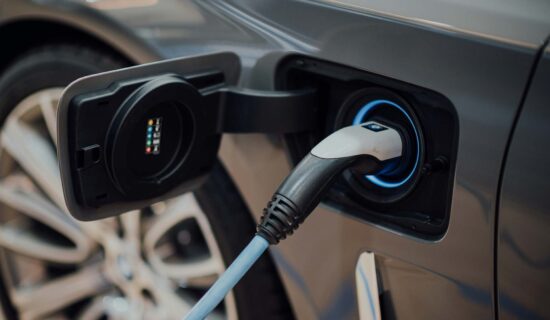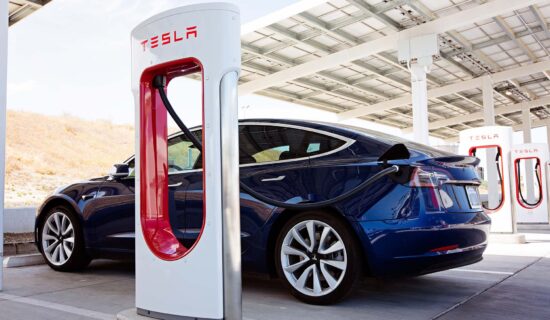Be Aware of Scammers – Find Out Warning Signs
Of course, there are a lot of genuine buyers, but also the ones pretending to be. Scammers usually make up different stories, such as needing your help to pay a third party or an agent for preliminary expenses (insurance or transportation). Even more, they will always promise you reimbursement for these costs.
Other swindlers may send a cheque for more money than you agreed, and they can invent excuses like overpayment or only human error. You can expect to be asked to refund the surplus quantity through online banking or a wire transfer before you actually discover that it was the cheque without funds.
But before something bad happens, find out warning signs that can clarify the whole situation and prevent much bigger financial loss.










